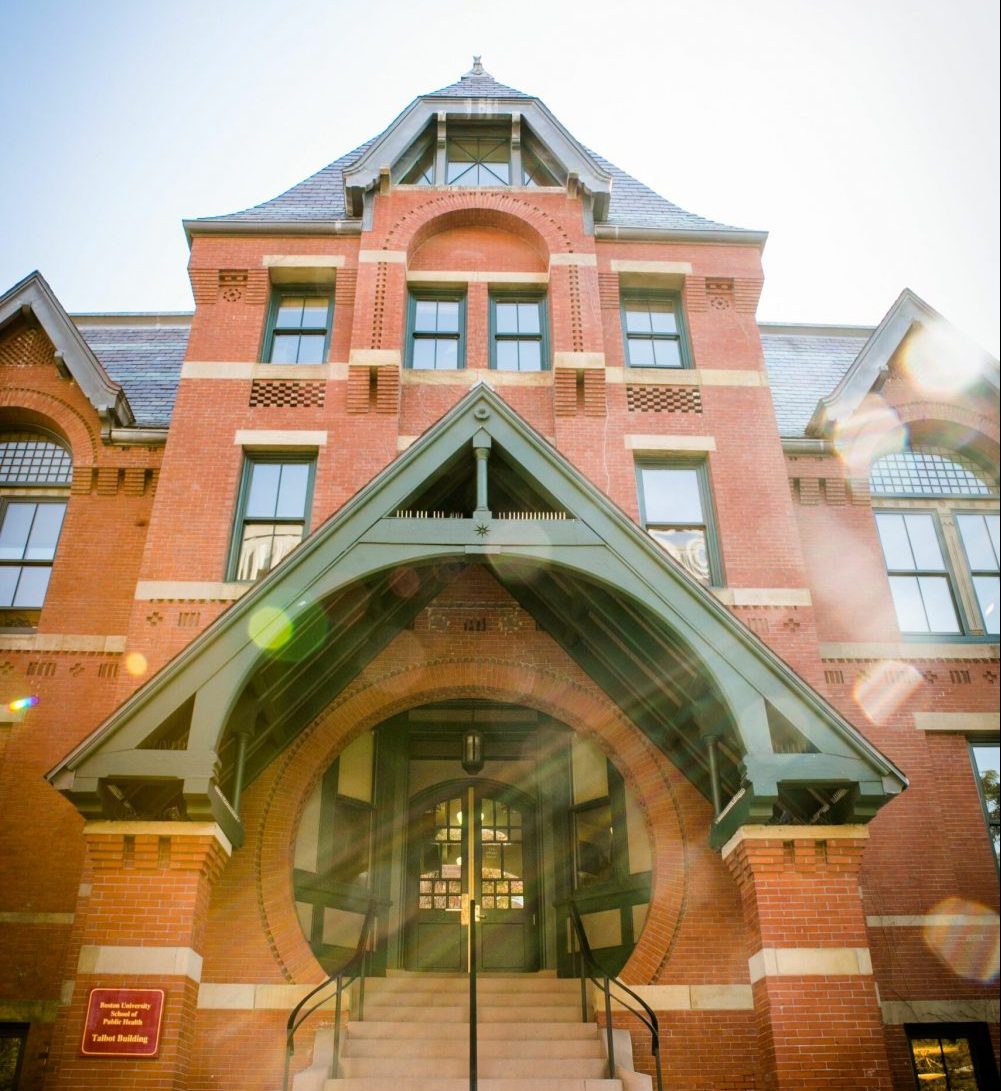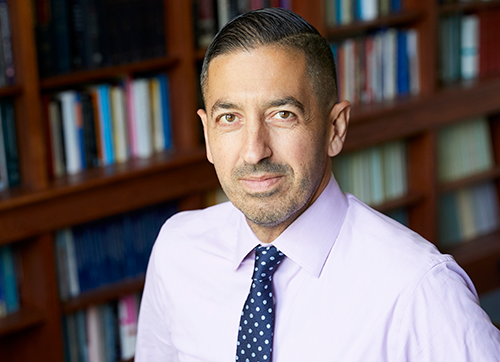Reflecting on the Lessons of Juneteenth.

Reflecting on the Lessons of Juneteenth
Acknowledging the worst of our past, to shape a better future.
On Monday, we will celebrate Juneteenth, a day that commemorates the issuing of General Order No. 3, which freed enslaved persons in Texas, the last place in the US where slavery still continued in the final days of the American Civil War. Union General Gordon Granger issued the order on June 19, 1865, two months after Robert E. Lee surrendered his forces at Appomattox Court House, and over two years after President Abraham Lincoln gave his signature to the Emancipation Proclamation.
Despite its significance, Juneteenth was only recognized as a federal holiday in 2021. This is typical of the delay which too often accompanies the work of addressing the realities of racism in the US. Slavery existed for centuries before it was abolished, the Emancipation Proclamation was signed years before its effects were fully felt in the South, and the Civil War had been over for two months before enslaved persons in Texas gained their freedom. Delay, deferral, the “bad check” Dr. Martin Luther King, Jr. spoke of America giving its Black population—these have been defining characteristics of America’s engagement with its history of racism and the effects of this history in the present. This has kept the legacy of slavery and racism part of the American landscape long after General Granger issued his order, an influence which pervades much in the current moment. Part of the conversation about race that has emerged over the last few years has been about how it has been possible to overlook this, to fail to notice the many ways the effects of an unjust racial status quo still permeate American life. If we are willing to look closer at what we have called progress, we can see the many ways it is incomplete, reflecting the unfinished work that is America itself.
In public health, it is our job to look closer, to refuse to ignore the many ways our society is not optimized for health andto address the health gaps that keep certain populations sick. As part of this focus, our work seeks to address gaps that have defined the difference between the health of Black Americans and of White Americans. This work builds our understanding that these gaps are in many ways a proxy for the country’s unfinished engagement with the challenge of racism, its incomplete acknowledgment of a shameful past. We know that a population cannot be fully free until it is fully healthy, and in working towards better health for all, we are working towards an expansion of the freedom that this country has imperfectly stood for. The “certain unalienable Rights…Life, Liberty and the pursuit of Happiness” written of in the Declaration of Independence have been, for too many and for too long, less than certain. The work of promoting health is the work of ensuring that all can access these core rights of citizenship. Health is liberatory. It allows us to live the lives we want to live, free of disease and preventable harm. To be healthy is to be free not just from illness, but from the influence of structural barriers to health, from the legacies that keep health out of reach. These barriers include the historical injustices that create poor health in the present. In the US, Black Americans still disproportionately bear the burden of poor health. Black Americans still live sicker, shorter lives than white Americans, facing greater risk of everything from gun violence to maternal mortality. Health inequities like these represent constraints on their capacity to do everything that good health enables. Juneteenth, then, is not just a day of celebration. It is a day that calls on us to continue the project of creating a healthier world by addressing a legacy of injustice that keeps us sick.
There is, at the moment in the country, a strong counter-narrative, arguing that we can move past and not remember the historical drivers of poor health, that slavery and other past injustices were long ago and that we are now so downstream of these influences that we need not engage with them. Yet the first Juneteenth was itself downstream of the Emancipation Proclamation and the end of the Civil War. The civil rights movement was downstream of Reconstruction. The present moment, while generations removed from the crime of slavery, is nevertheless deeply shaped by the effects of this country’s foundational sin. Just as Juneteenth began as a celebration of a liberation long deferred, our efforts towards a healthier world reflect an overdue reckoning with a history that has long held back our health.
Public health has a core responsibility to remember, to engage with this history, to ensure that the legacy of slavery no longer threatens health in America, and to ensure we learn from the past towards a better, fairer, healthier future. This is consistent with our field’s central focus on addressing health inequities, on insisting that we are not healthy as a society until we are all healthy, with no one excluded from the resources that support a healthy life. We pursue this focus by having honest conversations about the roots of poor health, refusing to shy away from the darker parts of our history. We have made much progress in getting to a better status quo in America, but racism remains a central driver of poor health. We cannot tell the story of health without including this chapter of our history.
Several members of our School community have been national leaders in work that addresses this history and engages with the challenge of racism—both its present-day effects and its historical roots. We pursue this engagement through our scholarship and activism, our commitment to diversity, equity, inclusion, and justice, and our events, including our conversations on antiracism as health policy and our participation in 400 Years of Inequality, a national movement marking the 400th anniversary of the first Africans being sold into bondage in North America. We pursue these efforts mindful that what we do is, in many ways, just the start of a broader national effort to fully address the effects of racism in the US. As a society, we have done much, but we have not done nearly enough. We have had good intentions, but these intentions have not always translated into tangible progress. Yet it is not too late—it is never too late—to acknowledge where we have gone wrong and work to shape a healthier, more just world. The lesson of Juneteenth is that justice delayed need not mean justice denied, that the march of progress may be slow, too slow, but it moves forward, helped along by the commitment of many to creating a better world for all.
Thank you for being part of these efforts, for working to ensure that no one is limited by the forces that create poor health and that the worst of our past does not define our future.
Warm regards,
Sandro
Sandro Galea, MD, DrPH
Dean and Robert A. Knox Professor
Boston University School of Public Health
Acknowledgement: I am grateful to Eric DelGizzo for his contributions to this Dean’s Note.
Previous Dean’s Notes are archived at: http://www.bu.edu/sph/tag/deans-note/
